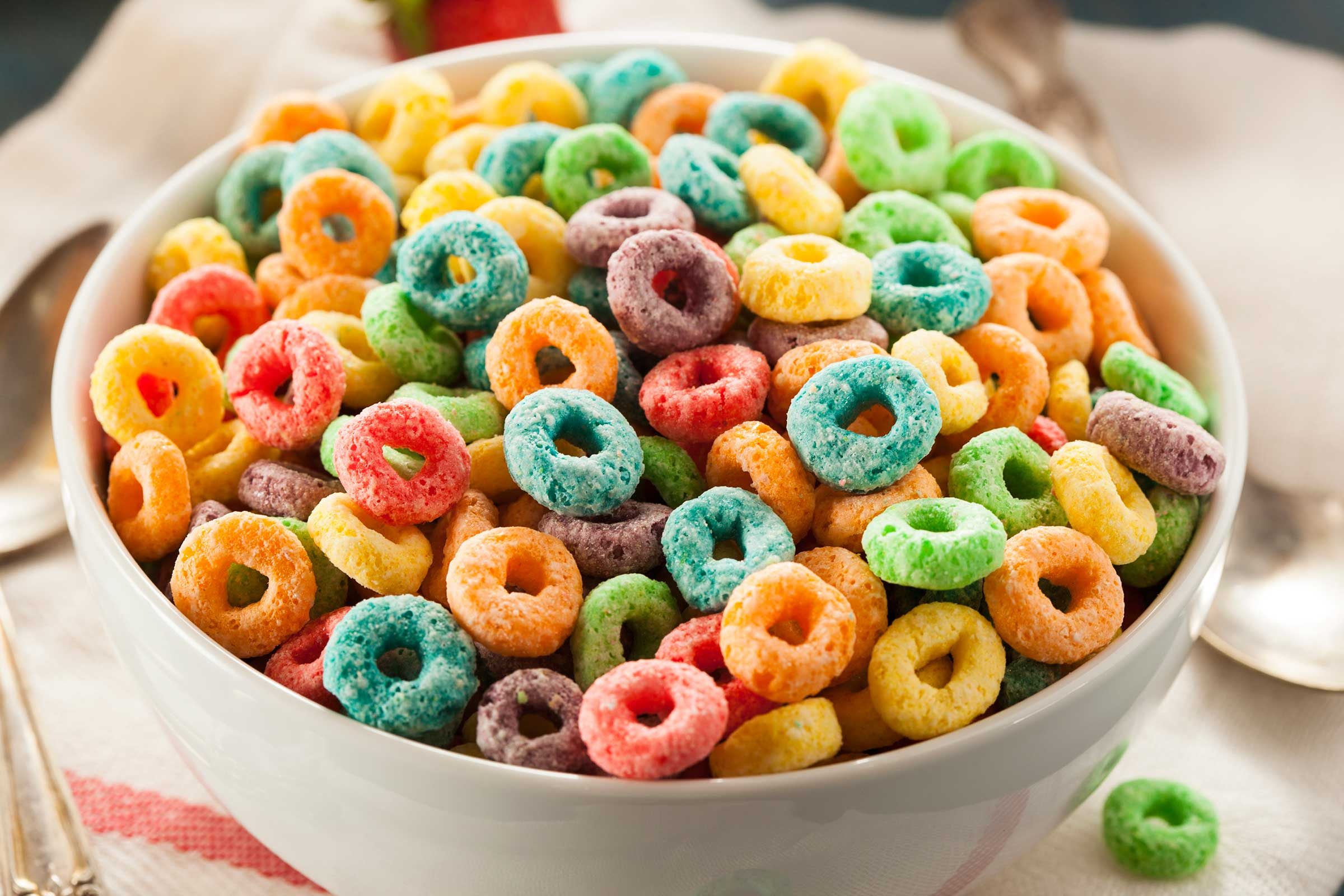
You eat cereal for three meals a day
If you’re the type of person who eats cereal for breakfast, lunch, and dinner, you might be consuming more preservatives than you realize, especially if you consume other many other processed or packaged food items throughout the day. Butylated hydroxyanisole (BHA) and butylated hydroxytoluene (BHT) are two preservatives added to cereal and oatmeal to keep them from going rancid on the shelf. However, the U.S. Department of Health and Human Services considers at least BHA to be “reasonably anticipated to be a human carcinogen” based on animal studies that found it caused cancer in three types of rodents. While no one is saying eating a bowl of your favorite flakes every day is giving you cancer—and more research needs to be done to fully understand the possible effects of these ingredients on n humans—the Center for Science in the Public Interest suggests limiting your consumption. These are other breakfast foods to stop eating.

You only buy salted butter
Salt might be naturally occurring, but it has preservative properties (it’s added to so many processed food because it helps make food last longer). If you’re trying to stay below the government-recommended 2,300 milligrams of sodium a day, a schmear on your toast, a few pats in your veggies, and some more in dessert could quickly add up. “Salted butter has an extremely long shelf, so buying unsalted might not last as long in the fridge but you’ll get a fresher version,” says Libby Mills, MS, RDN, LDN, spokesperson for the Academy of Nutrition and Dietetics.

You don’t thoroughly rinse your produce
Your apples and oranges need more than a quick rinse, otherwise you could be ingesting pesticides. “Pesticides aren’t technically considered a preservative, but they do help get food from the farm to your plate,” says Mills. Nearly 75 percent of produce samples tested by the U.S. Department of Agriculture in 2014 contained pesticide residues, according to a report from Environmental Working Group (EWG). “Opt for organic or buy local, so you can ask what has been sprayed on the product,” she says. It’s also a good idea to pay attention to the “Dirty Dozen,” a list of produce the EWG singles out as having the highest pesticide loads; this year’s list includes strawberries, apples, nectarines, peaches, celery, grapes, cherries, spinach, tomatoes, sweet bell peppers, cherry tomatoes, and cucumbers. Here’s how to make your fruits and veggies stay fresher longer.
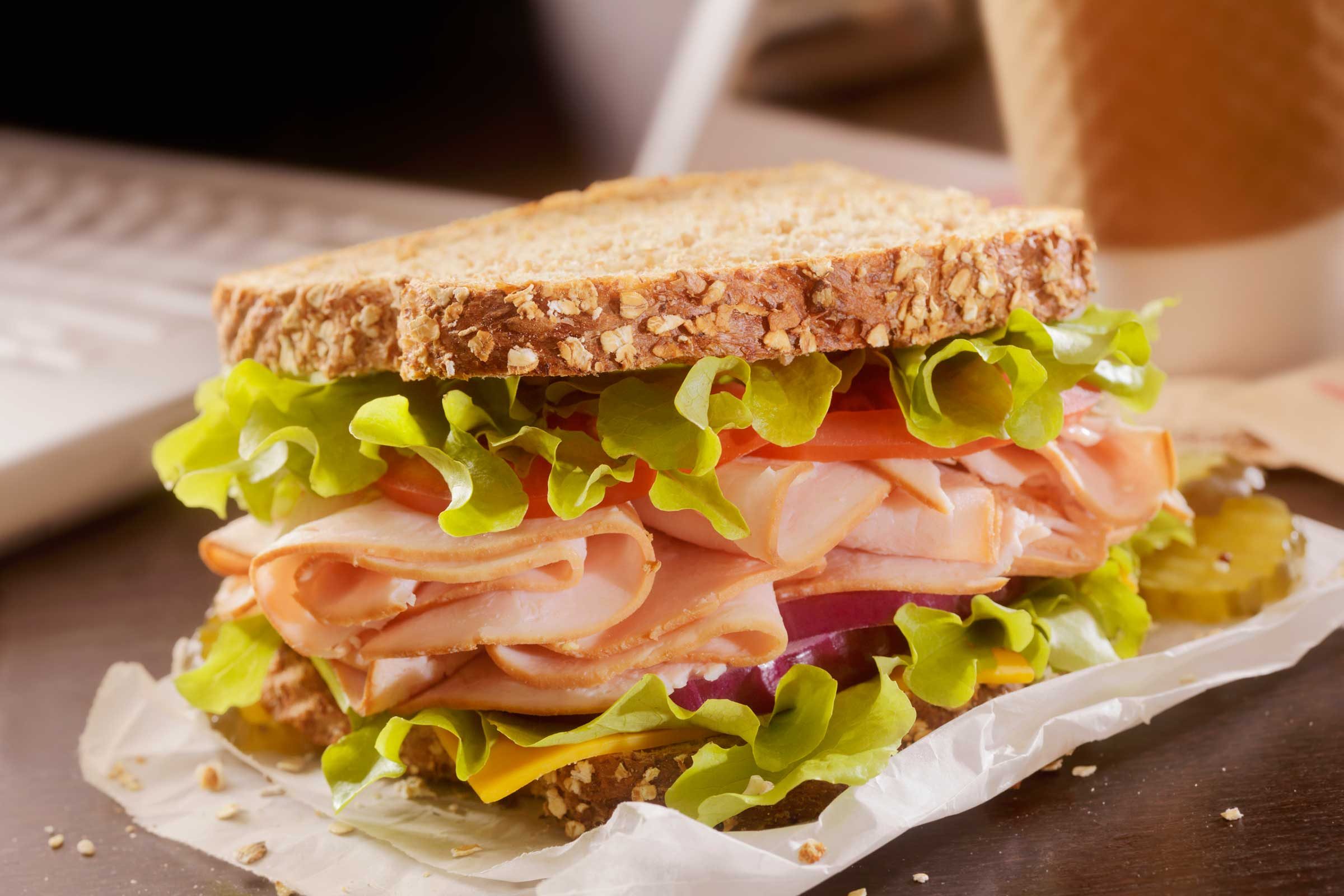
You eat a turkey sandwich for lunch every day
Besides being a major sodium bomb, deli meat also contains nitrates, preservatives that make them last longer and prevent the growth of mold or bacteria. Nitrates may trigger headaches in people prone to them, and according to the American Institute for Cancer Research, they form cancer-causing compounds (carcinogens) in lab studies. Check out these secrets about buying and eating meat—from butchers.
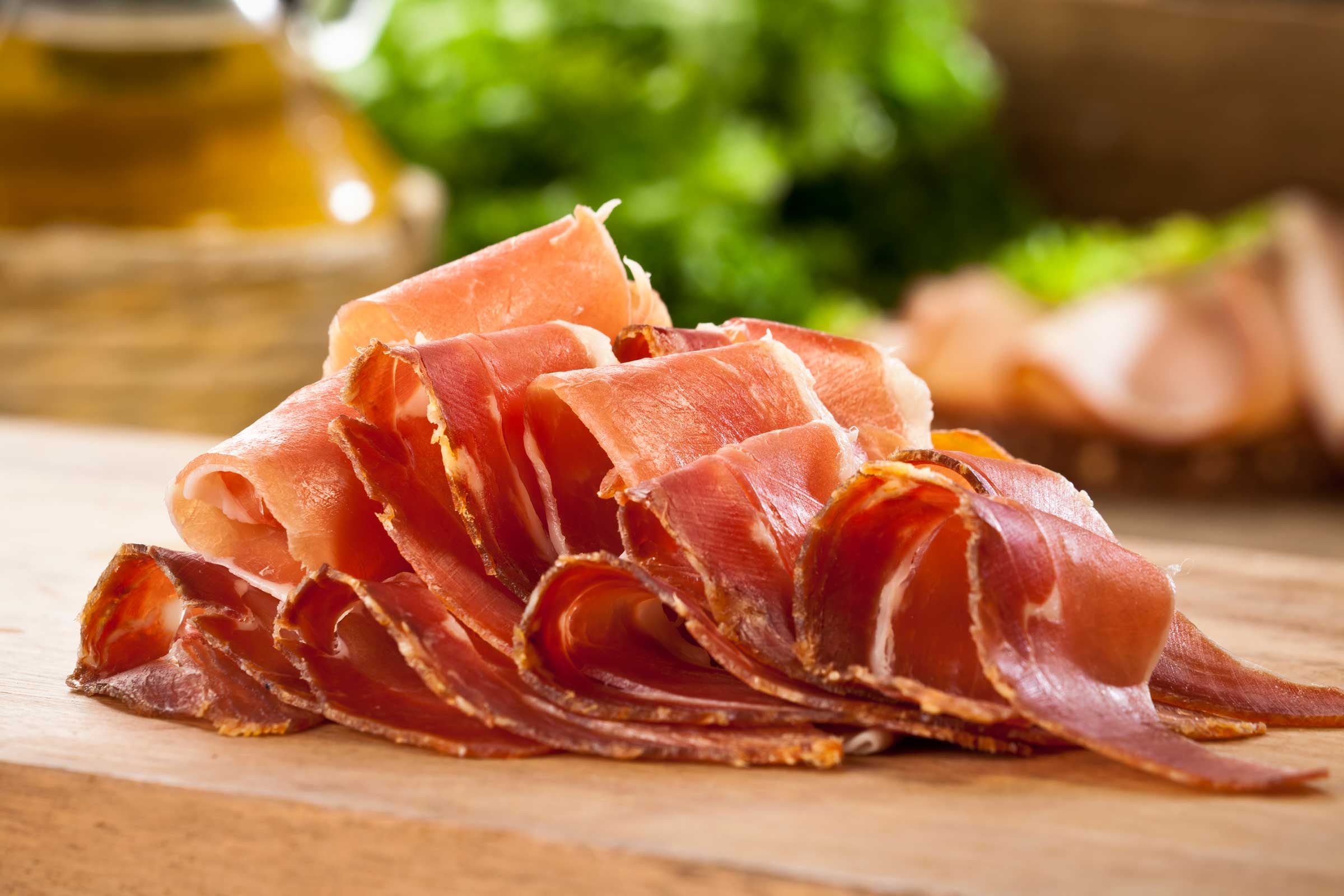
You think “naturally cured” equals “no nitrates”
Don’t be fooled by the phrase “naturally cured” or “contains no nitrates” on packages of smoked sausages, bacon, and other cured meats. “Keep an eye out for celery powder or celery juice on the nutrition label,” says Mills. Those ingredients are naturally high in nitrates, which may cause some of the same effects as added sodium nitrate does. Here’s what else food manufacturers are keeping from you.

You feel short of breath after a glass of wine
Many types of wine contain sulfites, which helps keep it fresh longer by prohibiting growth of bacteria. But in people with asthma, sulfites can trigger asthmatic symptoms, and for headache-prone individuals, they can bring on an episode. Dried fruit and some juices also frequently contain sulfites.
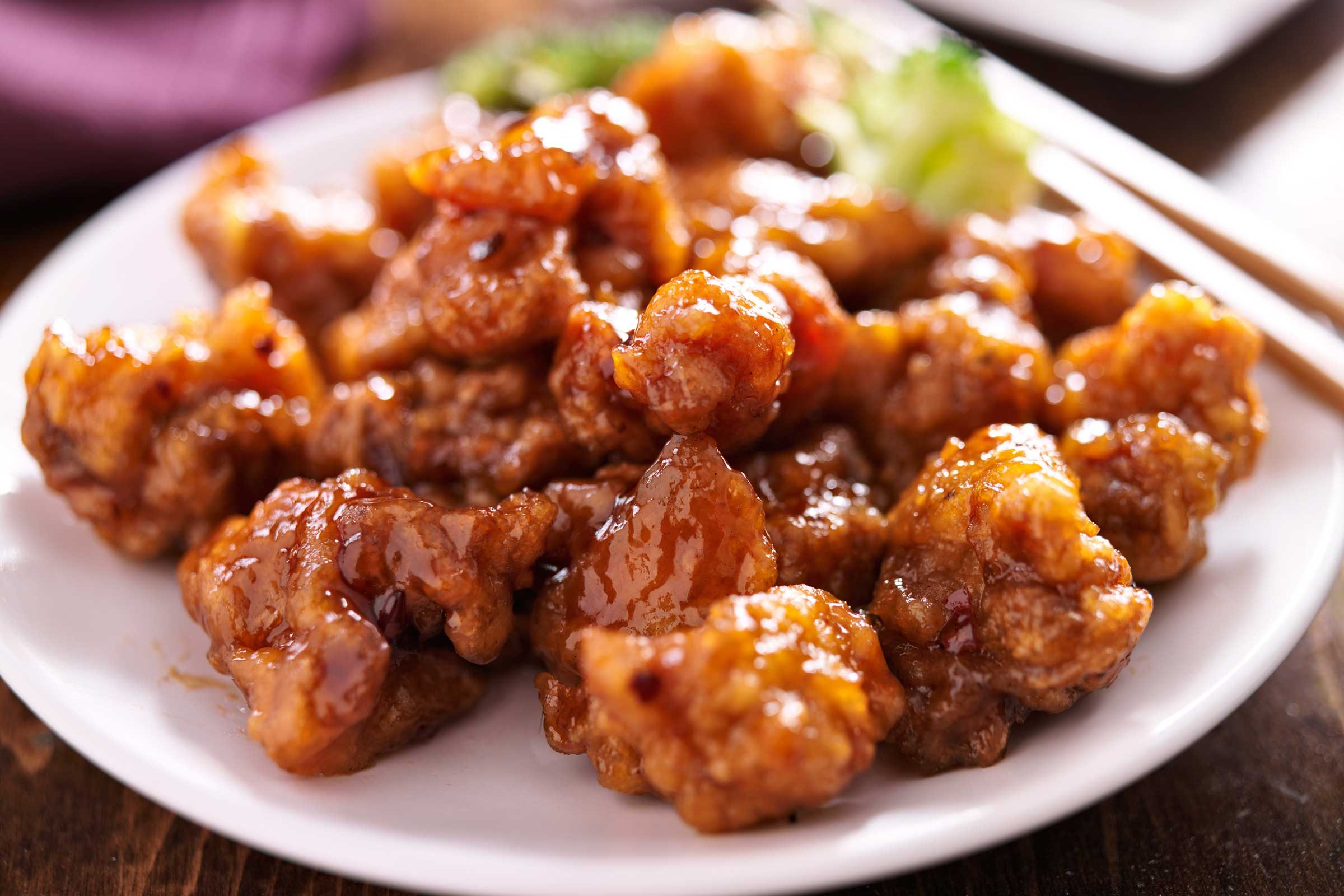
You think MSG is only found at Chinese restaurants
So many people complained of feeling sick (headaches, flushing, sweating, nausea, or chest pain) after eating at Chinese restaurants in the sixties that the phrase “Chinese restaurant syndrome” was coined; while they blamed the use of monosodium glutamate (MSG) on their symptoms, it was never officially proven to be the cause. But even though many restaurants have gone MSG-free, this flavor enhancer can still hide on the nutrition label of your favorite foods under different names of ingredients that contain it, such as hydrolyzed soy protein and autolyzed yeast. (To learn more read What Exactly is MSG).
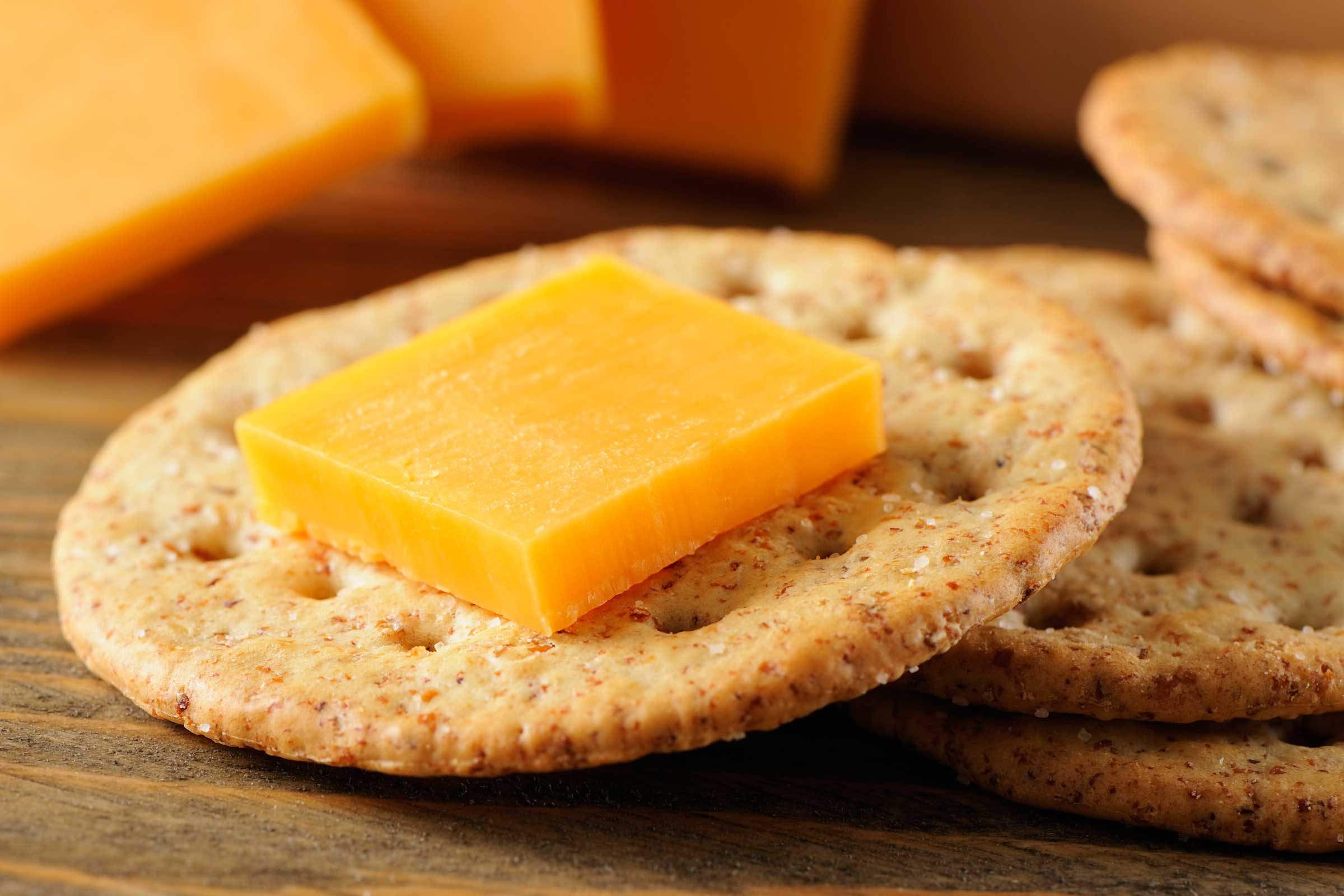
You’re a snack addict
If your cupboard is full of salty snacks like crackers and potato chips, it’s also home to a laundry list of preservatives, such as BHA, BHT, and MSG, not to mention good ol’ salt. “You should be mindful of what you eat, but our body does have its own filtration system, called the liver, so it’s really about eating these snacks in reasonable quantities,” says Mills. In other words, a handful of cheese crackers won’t kill you, but don’t make a dinner out of them. Try to rotate in more of these healthy snacks for adults.

Fresh food rarely passes your lips
If your diet consists solely of processed and packaged foods, it’s not a healthy one. Besides leading to weight gain and other health issues from the high levels of salt, fat, sugar, and overall calories, these food items also all likely contain preservatives. “Any time you read the label and start seeing words that don’t describe ingredients your grandma put in her recipes, chances are that one of them will be a preservative of sorts,” says Mills. Plus … there are these sickening secrets about how processed food is actually made.